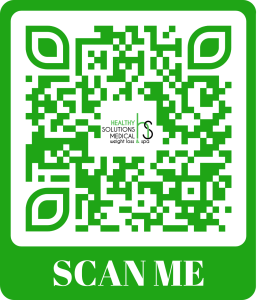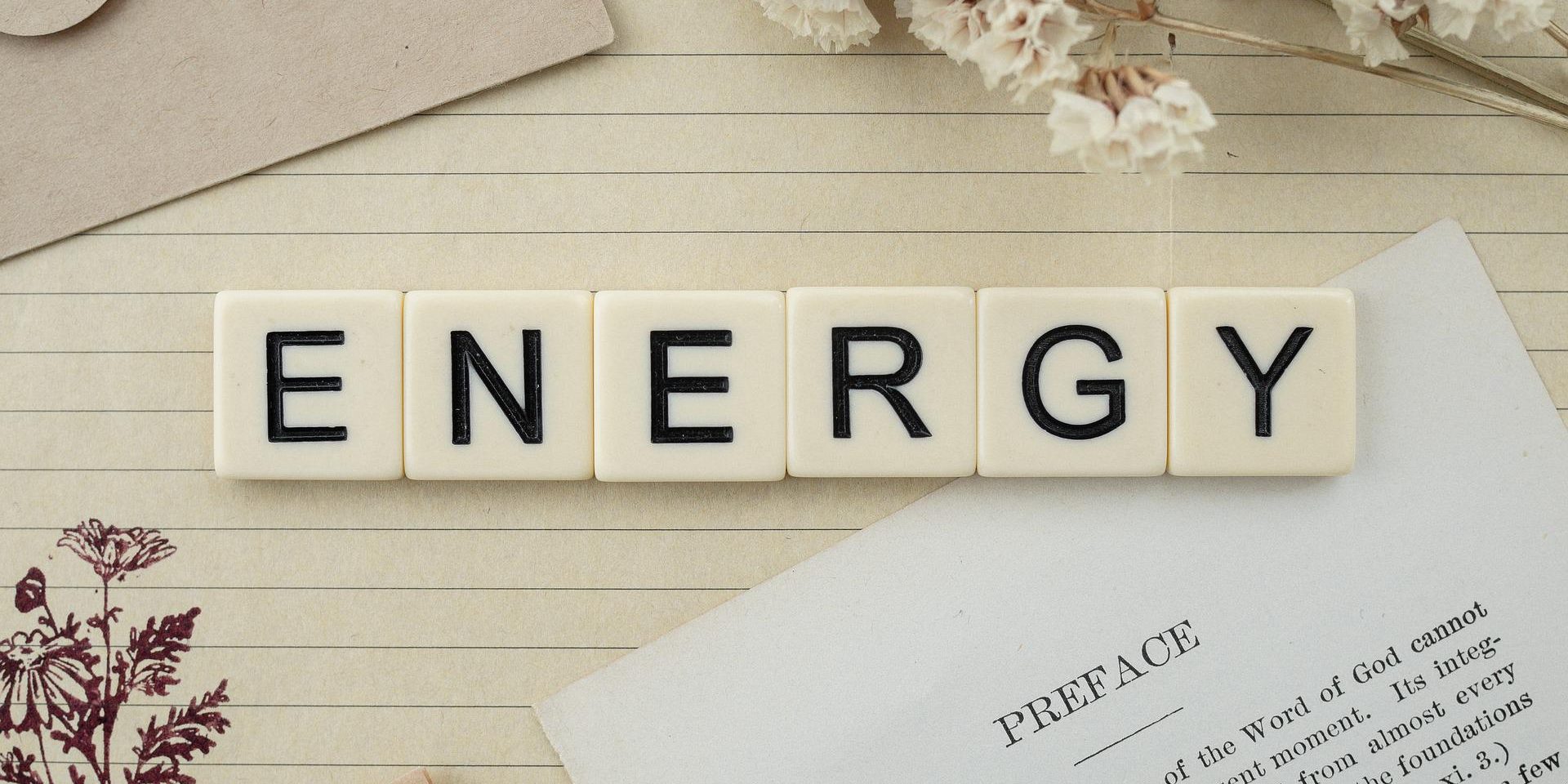Does midlife have you dragging? Here are some simple ways to fight fatigue and boost your energy.
Perimenopause, the lead-up to menopause, the official end of a woman’s menstrual cycles and fertility, can trigger a host of changes in the body. Low energy is one common effect that many women experience before, during, and after this transition time.
Fatigue around menopause occurs because of changing hormone levels, night sweats and other sleep disruptions, or other issues. You might feel physically and mentally drained or plain tired.
While fatigue can be an indicator of menopause, it can also be a sign of other medical conditions. You should talk to your doctor just to be sure it is menopause symptoms. If your health provider rules out other problems, and this change is to blame for your fatigue, try these to help boost your energy.
- Exercise Daily – Moving around may be the last thing you want to do when you are feeling weak or tired, but exercise boosts your energy. It produces those feel-good hormones and gives you the energy you are looking for when you are not feeling good. Aim for at least 30 and preferably 60 minutes of exercise most days of the week.
- Create a Healthy Sleep Routine – Hormonal flux, hot flashes, nighttime urination urges, and night sweats can make sleep during midlife is a challenge. But getting enough rest is vital for maintaining your energy levels and avoiding daytime drowsiness. Try to go to bed and wake up at the same time every day, even on the weekends. It might help to take a warm shower or bath close to bedtime. Make sure your room is cool enough. Avoid using smartphones, computers, or watching television while in bed.
- Eat the Right Foods – and the Right Amounts – Limit the amount of fats and sweets you eat. Some research suggests that spicy foods can trigger hot flashes. Research also shows foods high in soy may help balance out your hormones, which may offset some symptoms. Eating smaller meals more frequently can provide energy throughout the day. Heavier meals can also trigger heartburn, which may interfere with sleep. Incorporate anti-inflammatory foods to help menopausal women combat weight gain and feel better.
- Watch Caffeine, Alcohol, and Nicotine Use – These substances can affect your energy. They may give you an immediate rush, but when they wear off, they can leave you feeling more drained than before. Though many people insist that a nightcap helps them sleep, studies show alcohol consumption at bedtime can lead to more nighttime awakenings. Alcohol can also cause throat muscles to relax, which may worsen problems like sleep apnea.
- Try Relaxation Techniques – How do you unwind? Whether you like to read, take long walks, or meditate, take the time to indulge in your favorite activities. You are entitled to pamper yourself and take time for yourself. Stress and anxiety may be causing your fatigue, and relaxation techniques can be a way to learn to overcome those factors. Research has shown that yoga may improve fatigue and psychological changes associated with menopause.
- Stay Hydrated – You need to nourish your body with healthy food and water. Thirst is your body’s way of telling you that you need more fluid. When you are dehydrated your body must work harder to perform, which can lead to fatigue. Dehydration also can cause nausea and difficulty concentration. Keep a bottle of water handy so you can drink when you are thirsty. Choose water or caffeine-free tea or coffee-not calorie loaded drinks, as weight gain can make you sluggish.
- Consider Herbal Remedies – Two herbal remedies that may help reduce fatiguing menopause symptoms and anxiety are black cohosh and valerian. Talk to your doctor before you take herbs as teas or supplements because they can interfere with some medications.
- Ask Your Doctor About Medication Options – Certain prescription drugs can help you beat fatigue and regain energy. Some women report improvement in sleep quality with hormone therapy, but like all drugs, this treatment may cause side effects, so it is important to discuss the risk and benefits with your physician. Additionally, certain antidepressants and even bloop pressure medicines relieve symptoms for some women.
No one recipe fits everyone. But if you are suffering from fatigue during menopause, you need to take control, and you can do that by adopting a healthy lifestyle.
The bottom line, if low energy and feelings of fatigue are interfering with your daily life, you do not have to just put up with it. There are ways to get your vigor back and feel better.
Check our our energy boosters we have available.



Scan to find more information on products.
Request and appointment by texting 850-629-0345 or call our office today at 850-309-0356.

